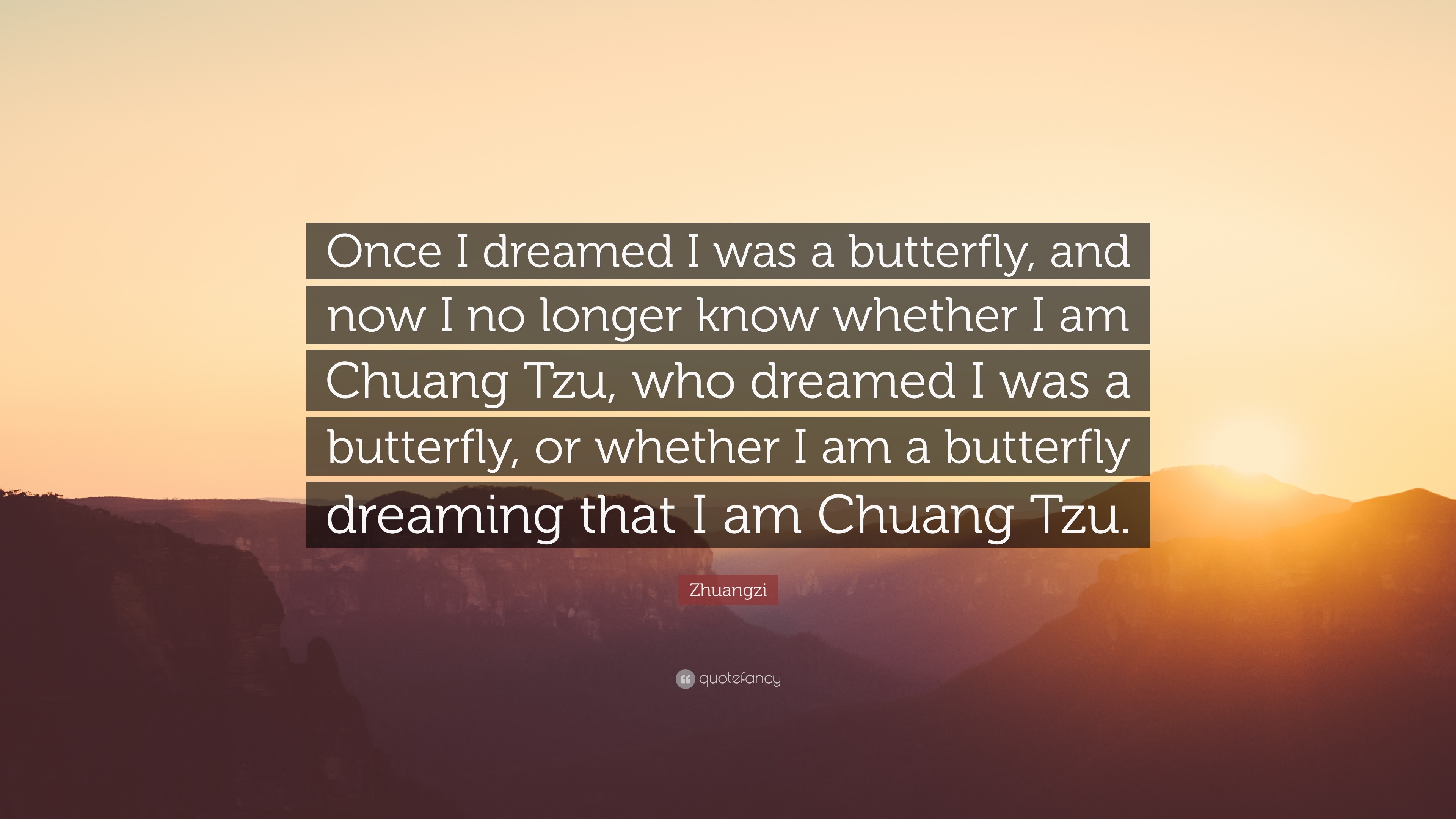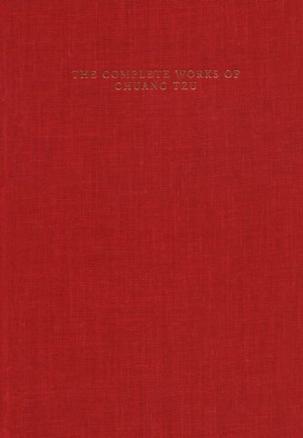
Readers trust the series to provide authoritative texts enhanced by introductions and notes by distinguished scholars and contemporary authors, as well as up-to-date translations by award-winning translators. With more than 1,700 titles, Penguin Classics represents a global bookshelf of the best works throughout history and across genres and disciplines.

For more than seventy years, Penguin has been the leading publisher of classic literature in the English-speaking world.

The Zhuangzi is a compilation of his and others’ writings at the pinnacle of the philosophically subtle Classical period in China (5th3rd century BC ). by Zhuangzi (Chuang Tzu), Nik Marcel, et al. His technical mastery of ancient Chinese linguistic theory in some of these suggests that Zhuangzi studied and thought deeply about semantics.

Radical and subversive, employing wit, humor, and shock tactics, The Book of Chuang Tzu offers an intriguing look deep into Chinese culture. Zhuangzi (Chuang-tzu Master Zhuang late 4th century BC) is the pivotal figure in Classical Philosophical Daoism. Zhuangzi Chuang Tzu or Chuang Chou (c.360 bce) may have written up to seven chapters (The Inner Chapters) of The Zhuangzi collection. Full of profundity as well as tricks, knaves, sages, jokers, unbelievably named people, and uptight Confucians, The Book of Chuang Tzu perceives the Tao-the Way of Nature- not as a term to be explained but as a path to walk. A masterpiece of ancient Chinese philosophy, second in influence only to the Tao Te Ching One of the founders of Taoism, Chuang Tzu was firmly opposed to Confucian values of order, control, and hierarchy, believing the perfect state to be one where primal, innate nature rules.


 0 kommentar(er)
0 kommentar(er)
